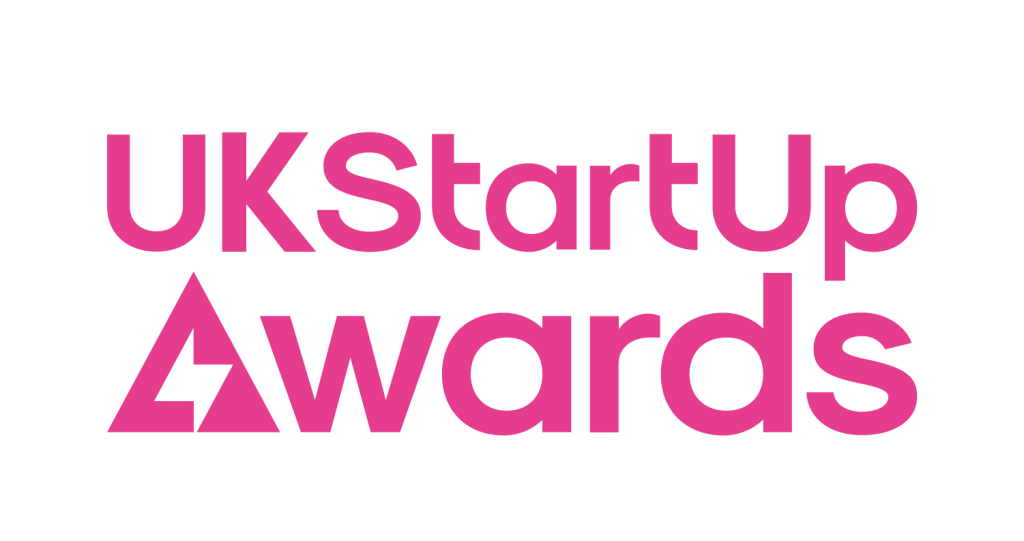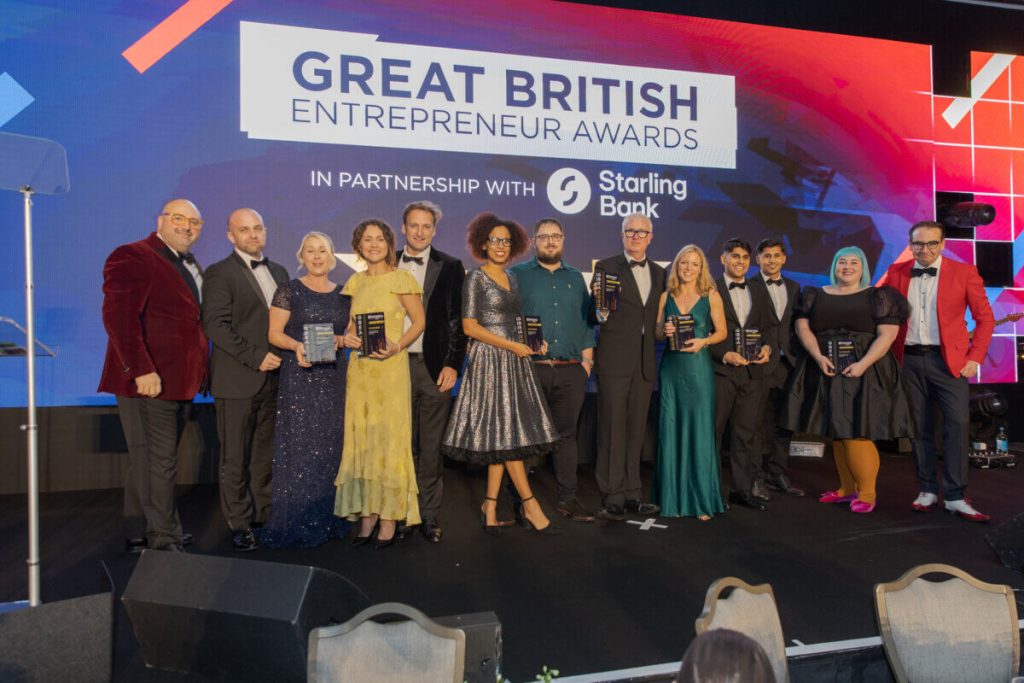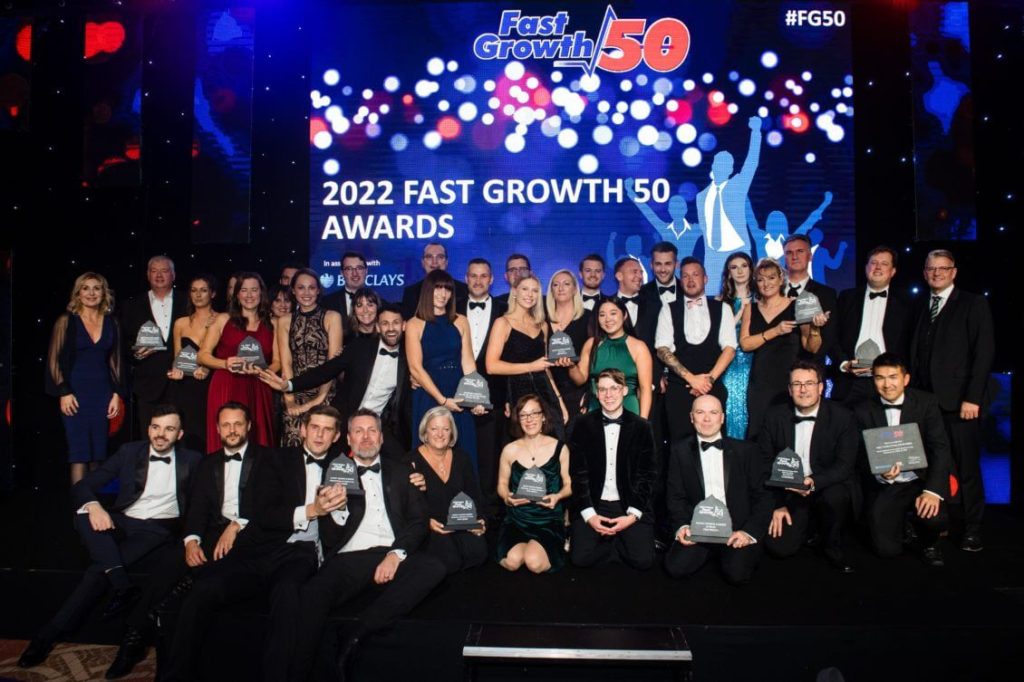Whilst the case above may be mildly amusing, all sense of hilarity quickly evaporates when the joke is on your brand or corporate name. As you will see from some of the examples presented later, brand naming faux pas are nothing short of disastrous for their owners. The purpose of this guide is to give you practical tips on how you can avoid similar mistakes and is based upon my team’s experience over many years’ work in this field.
A British war correspondent approached a battle-scarred Australian soldier during a particularly nasty battle in WW2 and asked him the following question:
“Did you come here to die?”
To which he replied
“No, sport, I came here yesterday”
It’s a story that you’ve probably heard before but it serves as a good lesson to us all that in every word there exists the possibility of a nuance, connotation or misunderstanding.
Whilst the case above may be mildly amusing, all sense of hilarity quickly evaporates when the joke is on your brand or corporate name. As you will see from some of the examples presented later, brand naming faux pas are nothing short of disastrous for their owners.
The purpose of this guide is to give you practical tips on how you can avoid similar mistakes and is based upon my team’s experience over many years’ work in this field.
Although many of the examples of what can go wrong are risqué and presented in a lighthearted manner, the underlying message is deadly serious; get it wrong and you could invite ridicule from the very people you are trying to impress. Remember, it’s only funny when the gag’s on the other guy.
I hope you enjoy the pages which follow and find the information useful. Your comments would be most welcome.
1. Avoid names that are simply ‘bad’
Sounds obvious, but what exactly do we mean when we talk about a ‘bad’ name?
A name is bad if by using it the product, brand name or corporate title is denigrated, thus causing an adverse impact on sales. Here are a few examples:
In Japan there is a brand of soda called “Calpis Nude”; perhaps not an ideal name to use should they decide to launch into the UK market.
Schweppes’ slogan “Schweppes Tonic Water” read as “Schweppes Toilet Water” when originally translated into Italian.
Before you settle on a name (and certainly before you spend any money on collateral or advertising), ask your linguistic checking company to ensure that the name is not bad in the context of your target market.
2. Remember names change with speech
It’s not just the name that can ruin a product. It can be damaged by the way it’s said.
There’s a world of difference between the written and spoken word. Accents and dialects play havoc with the pronunciation of English words and vice versa.
Most of us here in the UK have had an experience of the way our own language is treated by foreigners. We sound similarly strange to foreigners when we try to speak in a language which isn’t our own.
Several years ago I was in Copenhagen having dinner with a local businessman when he asked me if I liked ‘earrings’. I said I thought they looked nice on women but would never wear them myself. He looked puzzled. I later found out that in Scandinavian the word to describe the popular oily fish, the ‘herring’, is pronounced like ‘earring’, the ear bracelet.
Needless to say much mirth was generated when the gaff was discovered a few moments later.
Always ask your linguistic checking company to include spoken language checks as well as written language checks in any name checking assignments they undertake on your behalf.
3. Avoid names that can’t be pronounced easily – or at all
Although this sounds like another blatantly obvious point, it’s something which many people forget completely.
Many languages have an alphabet and a way of speaking which makes the reading of English words difficult or, in some extreme cases, practically impossible.
For instance, all words in Japanese end in either a vowel or the letter ‘n’ so it makes sense to choose a name which follows this convention. By doing this, you can be confident that your Japanese customers will be able to pronounce it without difficultly or embarrassment.
Whilst most of the problems occur when ‘exporting’ English words to Far Eastern languages, there are examples closer to home – the silent letter “H” in French is a good example. It would not be a good idea to launch a product in France with a name starting with “H”. Similar problems would occur if you were to use names starting with the letter “W” in the German market as German people find it very hard to pronounce this letter.
It’s often small details like this which get overlooked and cause big problems.
If your customers can’t say the name of your product easily it is hardly likely to do too well in its target market.
Always check that the name you choose can be pronounced easily in the native languages your customers speak. This is particularly important if you intend to use the same name in multiple countries.
4. Avoid names that sound like something else
Although a name in itself may check out successfully, it may sound similar to other words which are inappropriate.
Worse still, the name may already belong to another well-known product which even if it isn’t a competitor, may confuse (or even put off) your customers.
Some years ago, a major food manufacturer launched a vegetable in a pack and called them “Surprise Peas”. Apart from the English jokes that this product generated it was a lot worse in Europe when the brand managers heard how this product was pronounced. A phonetic rendition sounded like “surprise piss”.
Ensure that your linguistic checking company includes lateral checks in their research to highlight any potential conflicts or potential for confusion.
5. Beware of names that are not fit for purpose
Image is everything they say, and a name must fit easily into its intended market.
A product name or corporate title may again be in itself entirely acceptable (i.e. inoffensive, easy to pronounce and easy to remember) but it could still be inappropriate for the target market. For instance, if the name is intended for use on a product aimed towards the luxury end of the market you should ensure that it conveys the right emotional messages — exclusivity, prestige, glamour etcetera.
A foreign company launching a new luxury car in the UK called the “Jalopy” would clearly be inappropriate. An extreme example to make the point, but a non-English speaker may well not be aware of the negative connotations of such a name.
Insist that your linguistic checking company includes cultural positioning and connection checking as part of their service to you.
6. Avoid names that confuse
A name may meet every other criteria but due to culture, product qualities or its position in the market place, it may still confuse its intended consumer.
This fault will seriously endanger product positioning and so clarity must be established.
Many years ago the then President of the USA, John F Kennedy was making a speech close to the Berlin Wall. He finished off in an effort to try to identify himself with the long-suffering inhabitants by announcing to his audience “Ich bin ein Berliner”. Unfortunately and unknown to the President he was telling everyone that he was a doughnut, a Berliner being the popular name for a local pastry.
Always make sure that your name check includes checks to ensure that the name you have chosen is not easily confused with other products in your target territory.
7. Take care with strapline use and construction
The use of straplines, mottos and logos is becoming more and more common as is the view that these should remain in their original language. Perhaps the most famous example is German car maker Audi’s “Vorsprung Durch Technik” which loosely means “advancement through technology” in English but is far more effective when left in German.
Overseas it is now quite common to see billboards and posters with snappy English straplines. Unfortunately it is also increasingly common to see very bad English names and translations used. One of my favourite examples is from China where a luxury reproduction antique furniture retailer called themselves “Cheers” and used the strapline “It come from Engrish land”.
Even well established companies make mistakes. Electrolux, the Swedish white goods company, used the stapline “Nothing sucks like an Electrolux” to great effect when promoting a vacuum cleaner across Europe but were a laughing stock when they used the same line for the US launch where ‘sucks’ means ‘is very bad’.
Straplines can make or break a product’s international image. Make sure that you have them double-checked for suitability.
8. Avoid cultural faux pas
Every country has its own culture and any flagrant defiance of it can lead to serious repercussions.
This includes shapes and colours, numbers and even animals. Some examples:
You should never use the colour yellow when targeting Arabian markets as yellow carries connotations of insincerity and cowardice.
In the west, 7 is considered lucky whereas in China 6 is the lucky number.
Number 4 in the west is innocuous but in Japan it is synonymous with death.
In Northern Ireland, the colours orange and green should be avoided as they carry divisive political connotations.
In the west, white carries connotations of purity and is worn at weddings whereas in China it is worn at funerals.
In Spain it is Tuesday the 13th which is unlucky not Friday the 13th.
In many parts of the world baby food packaging features pictures of happy babies with text describing the contents. However, in some African countries where literacy levels are low, the convention is to picture contents on packages. Potted babies are unlikely to sell well!
It is always best to get local approval of any badge, strapline, logo or packaging prior to wholesale promotion.
9. Avoid buzz words, local jargon, dubious expressions and slang
When the BBC sold the television rights of “EastEnders” to the American Broadcasting Channel (ABC) in the ’90s they were soon compelled to provide American viewers with a dictionary explaining some of the words, phrases and slang that the US audience found confusing. This dictionary ran to nearly 700 words.
Equally, American English has evolved and, whilst still English, it can seem full of confusing and strange names for many everyday things and pastimes. The humble car in America is composed of many seemingly different facilities like ‘a stick shift, a hood, a trunk and a windshield’ and they run their cars on ‘gas’. Shops are ‘stores’, there they buy ‘groceries’ and ‘sodas’, and everywhere is a block or two away.
As a general rule, colloquialisms do not travel well. If you are intending to use them in your campaigns, we suggest you ask your linguistic checking company to test them thoroughly in your target market.
10. Take care to avoid political or religious associations
It’s often easy to offend by accident when dealing with subjects which are so deeply engrained in one’s own culture that they are rarely given a second thought.
For example, brands, straplines or names that imply personal wishes like “Happy Birthday” or seasonal greetings like “Merry Christmas” may not be appreciated by Jehovah’s Witnesses. They do not celebrate birthdays or the holidays associated with other Christian denominations and do not welcome being addressed with traditional holiday greetings.
In the United States, the term ‘Macaca’ was at the center of a controversy during the 2006 United States Senate election in Virginia when it was used by the Republican incumbent, George Allen. Relating to the Allen controversy, “Macaca” was named the most politically incorrect word of 2006 on December 15 by Global Language Monitor, a nonprofit group that studies word usage.
‘Macaca’ is a dismissive epithet used by francophone colonials in Central Africa’s Belgian Congo for the native population. It may be derived from the name of the genus comprising macaque monkeys. The word macaque has also been used as a racial slur. The macaque’s genus name, ‘Macaca’, is a latinization of the Bantu (Kongo) ma-kako, meaning “monkey”.
We strongly advise that you have your linguistic checking company check for any potential conflicts with local religious and/or political beliefs. Minorities can be very vocal and you may even find yourself on the wrong side of the law.
Bad Advertising Slogans:
“Eat your fingers off.” — “Finger lickin’ good,” as originally translated into Chinese.
“Are you lactating?” –“Got milk?” as originally translated into Spanish for advertising in Mexico.
“Suffer from diarrhoea.” –“Turn it loose,” as originally translated into Spanish for advertising of Coors.
“Fly naked.” — “Fly in leather,” as originally translated into Spanish for advertising of American Airlines’ leather first class seats.
“I saw the potato.” –“I saw the Pope,” as translated into Spanish. The slogan was used on promotional T-Shirts for the Pope’s visit to Miami.
Bad Product Name Translations:
“Manure stick.” –“Mist Stick,” a brand of curling iron, in German slang.
“Micro tender rat.” –“Microsoft Mouse,” as translated into Italian on the instruction sheet for a Taiwanese Microsoft-compatible mouse.



























